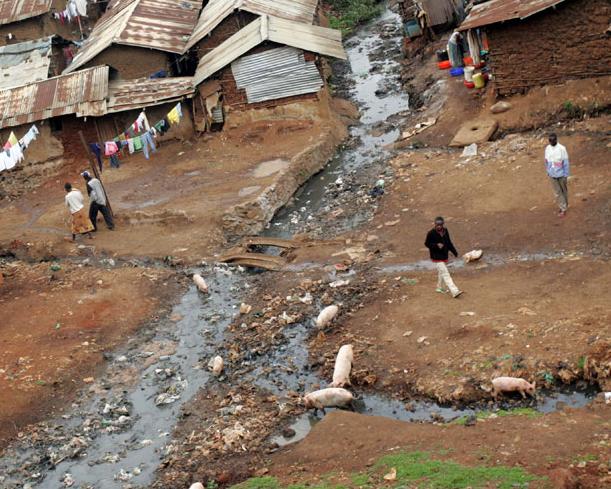On Tuesday, the Federal Government revealed that Nigeria is currently not on track to meet the global Sustainable Development Goal (SDG) sanitation target, placing the country among those falling behind in progress.
The Minister of Water Resources and Sanitation, Prof. Joseph Utsev, disclosed this during the National Workshop on Safely Managed Sanitation in Abuja.
He also highlighted that poor sanitation costs the country approximately $3 billion annually, stemming from the use of unsanitary or shared toilets and open defecation.
According to Prof. Utsev, the SDG target 6.2 for sanitation aims to achieve access to adequate and equitable sanitation and hygiene for all by 2030, ending open defecation, and paying special attention to the needs of women and girls.
Related News: NLC President Joe Ajaero Decries Fuel Price Hike, Labels Nigerians as Losers
He acknowledged that with only six years left until the target date, progress in achieving the global sanitation target is off-track, particularly in Nigeria, where there are high disparities in access across wealth quintiles and locations.
The minister emphasized that only 46% of the Nigerian population has access to basic sanitation services, with approximately a quarter practicing open defecation and only 18% having access to safely managed services.
Achieving the SDG target 6.2 would require a significant increase in progress and a tripling of investment in the sector.
Prof. Utsev affirmed the Federal Government’s commitment to realizing the SDG 6 target for sanitation, recognizing its potential contribution to national developmental goals, including food security, poverty eradication, economic growth, job creation, and inclusivity.
He highlighted the opportunities across the sanitation value chain, citing potential benefits such as reduced healthcare costs, improved productivity, job creation, and economic growth.
Regarding the cost implications of poor sanitation, the minister cited a World Bank report from 2012, estimating that Nigeria loses N455 billion (equivalent to $3 billion) annually due to health care expenses, loss of productivity, premature deaths, and poor educational outcomes linked to unsanitary practices.
The United Nations Children’s Fund (UNICEF) reported that 48 million Nigerians, constituting 23% of the population, still engage in open defecation.
The North-Central geopolitical zone has the highest prevalence at 47%, while the North-West has 11%, North-East 17%, South-West 24%, South-South 23%, and South-East 23%.
UNICEF’s information was shared during a briefing in Maiduguri, Borno State, in preparation for the annual World Toilet Day celebration on November 19.
You can also read: Ogun State’s Security Outfit Heroically Saves 17-Year-Old from Kidnapping


